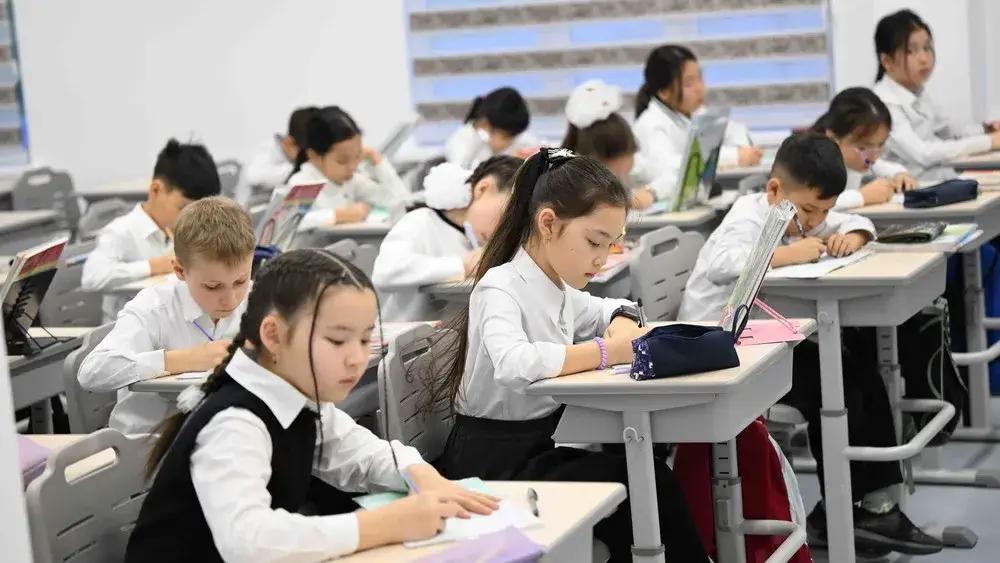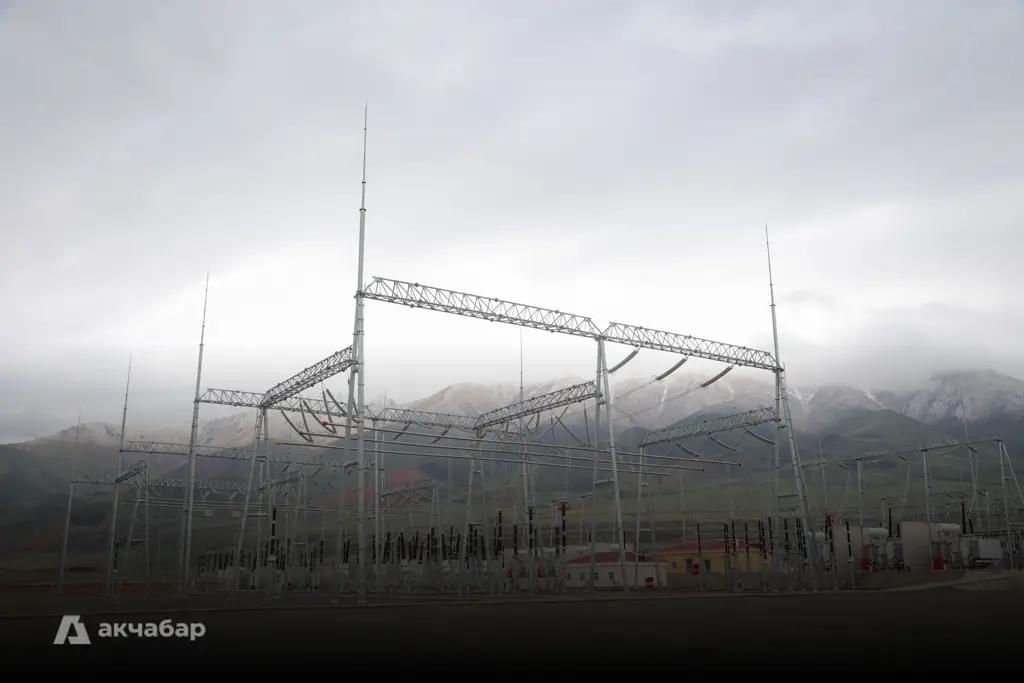Published
09/04/2025, 15:21Phytosanitary control is a key link in ensuring Kyrgyzstan's internal food security. Every watermelon, apple, or seedling that crosses the country's border undergoes multi-level checks to ensure that only safe products reach the shelves. Otherwise, they are returned, destroyed, or disinfected. Behind this lies a task far more serious than a formal document check. It is about protecting crops from pests, preserving farmers' incomes, and preventing risks to our health.
Every day, tons of vegetables, fruits, flowers, and seedlings cross the borders of Kyrgyzstan. While in 2024 there were 8 cases of agricultural cargo being returned to Kyrgyzstan, in 2025 there have already been 22 returns in less than a year. More than 445 tons of products have been returned, destroyed, or disinfected this year. Following inspections that revealed the presence of pests in flowers, Kyrgyzstan sent notes to two countries — China and the Netherlands.
"Recently, Kyrgyz specialists detected excessive levels of nitrates in watermelons arriving from neighboring countries. As a result, several shipments had to be returned to Uzbekistan and Kazakhstan. Such measures protect consumer health and prevent unsafe products from entering the market," said Tursunbek Kubanychbekov, director of the Department of Chemicalization, Protection, and Quarantine of Plants at the Ministry of Water and Agriculture.
At the end of August 2025, the Department of Chemicalization, Protection, and Quarantine of Plants reported on the results of seven months of work. It was then revealed that non-compliant shipments had come from various countries: 193.9 tons were returned from Kazakhstan, 69 tons from Russia, 80.82 tons and more than 70,000 seedlings from Uzbekistan, and 26.13 tons and more than 8,000 flowers from China. In addition, 41.5 tons of products and more than 3,000 flowers were returned to other countries. It is already September, and the numbers continue to grow.
Large consignments of goods arrive through temporary storage warehouses. One of them is located in Kanta, where cargoes from third countries such as China, Iran, and Turkey arrive.
The inspection procedure consists of several stages. First, documentary control is carried out — the accompanying documents are checked. Then, specialists perform a visual inspection of the products. After that, samples are taken and sent to laboratories for thorough testing.
There are eight specialized laboratories in Kyrgyzstan: six quarantine and two toxicological. All of them comply with international standards. New laboratories are currently being built in Balykchy and Jalal-Abad.
“If quarantine pests are detected, the products must be either destroyed, disinfected, or returned to the supplier. These measures are mandatory, as the infection can spread to the country's crops and cause damage to farmers,” said Tursunbek Kubanychbekov, director of the department.
Phytosanitary control is not a formality, but a real protection of the harvest and the health of citizens. Contaminated cargo can lead to the spread of plant diseases, reduced yields, and additional costs for agricultural producers. In some cases, violations are also associated with elevated nitrate levels, which pose a risk to consumers.
Control measures are not limited to border checks. Kyrgyzstan actively cooperates with trading partners, informs suppliers about violations and new requirements, and, if necessary, uses diplomatic mechanisms through the Ministry of Foreign Affairs.
After passing all stages of control, products entering the country's markets and stores are considered safe.
“We thoroughly inspect all agricultural cargo at the borders. Buyers can be sure that the products on the shelves have been thoroughly checked,” the head of the department emphasized.
Thus, phytosanitary control in Kyrgyzstan acts as an invisible filter that protects both farmers and consumers. We see the results of this work every day in the form of fresh, safe vegetables, fruits, and flowers that end up on our tables. But if this work is not done properly, the consequences can affect not only the harvest and the economy, but also the health of citizens.


